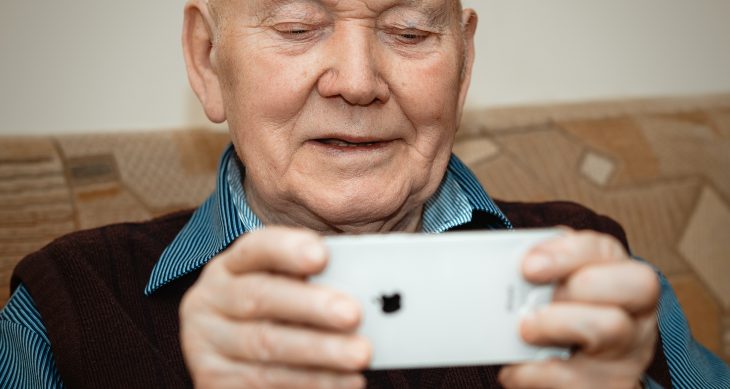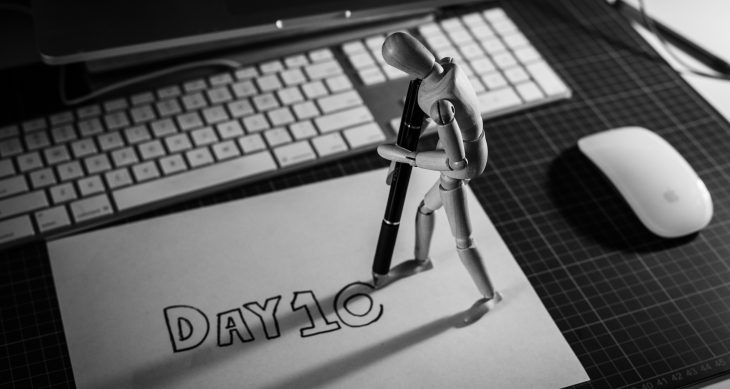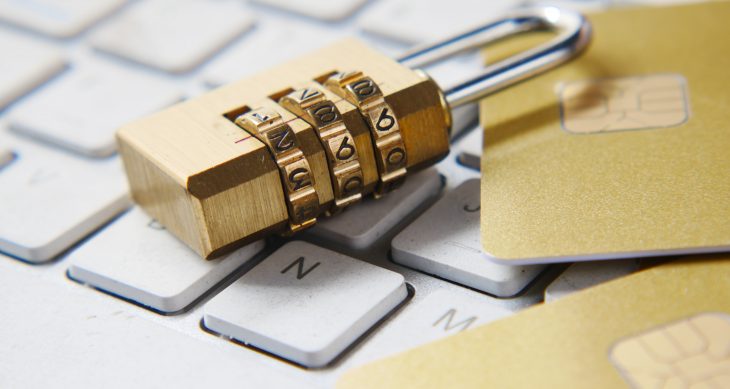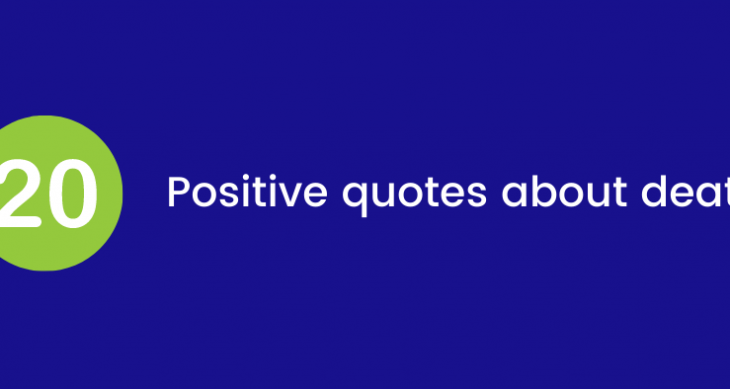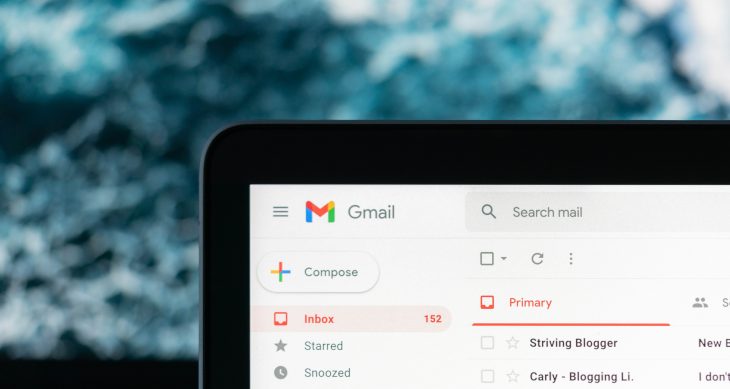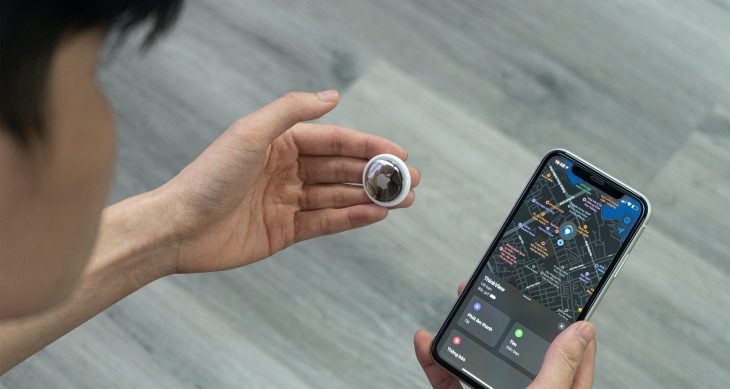- Posted on
- Comments 0
Time-Saving Purchases Make Us Happier – Why Don’t We Do It?
Did you know that buying something that saves you time and effort is scientifically proven to make you happier? Yet many people– even millionaires– won’t buy things that save themselves time, because they feel guilty about offloading tasks they don’t like onto someone else, and falsely believe that they will have more time in the future than they have today. And caregivers often refuse to buy time-saving products and services because they feel like making their lives easier translates to less dedication and caring. Yet the guilt is often misplaced, and by reframing the benefits and acknowledging the efforts made, everyone wins (including the service providers!) and you’ll recognize a boost in your happiness.

Buying Things That Save Time Makes People Happier
In today’s busy world, 80% of adults report feeling like they don’t have enough time. Feeling stressed about time contributes to depression, anxiety, and obesity. And there are more and more tools and services designed expressly to save you time, from grocery delivery to online tools to virtual assistants, even physical assistants. Studies show that spending money on things that save your time increases your sense of well-being significantly more than buying a material item— even for people with minimal discretionary income! Yet, when given the choice between someone to help them complete tasks or an Amazon gift card of equivalent value, 99% chose the Amazon gift card. Why?
Studies show that spending money on things that save your time increases your sense of well-being significantly more than buying a material item— even for people with minimal discretionary income!
The Guilt Issue

Why do we feel guilty about saving time? Why does saving time make caregivers feel guilty that they aren’t as dedicated or caring? Some studies have suggested that making more of an effort helps people feel more emotionally tied to things, and even value it higher (see the Ikea Effect). There’s also a belief by some people that hard work equals competence. But there’s also a level of guilt of feeling like we’re inconveniencing someone else if they do an everyday task or a task that we dislike, which reduces the chances of someone paying someone for a task. Ironically, when we’re faced with major stress, if those around us support us without us realizing, we will actually adapt better to it than if we are aware of the added support— again, because it creates guilt that we are relying on other people.
Reframing The Benefits

When researchers focused on the benefits to the service providers of providing a time-saving service (helping their company, providing for the service provider’s family, etc.), people were less likely to feel guilt about outsourcing their disliked tasks and saving time, and their overall happiness levels increased. How can you translate this in your everyday life? When thinking about a time-saving purchase, think about how your purchase will benefit the company and people you’re buying from. Also, remember that everyone enjoys different things, so the tasks you dislike may be truly enjoyable for the person you’re allowing to help you. Reducing your guilt, increasing your happiness, and supporting a service provider– truly a win-win-win!
When thinking about a time-saving purchase, think about how your purchase will benefit the company and people you’re buying from.
“Future Time Slack”

What is “Future Time Slack”? This is the sense that in the future, you will have more free time. Many people will choose not to make time-saving purchases because they believe that they won’t need to save time in the future. However, when they are reminded that their schedule is likely to be just as full in the future, they are more likely to make time-saving purchases. The next time you are considering a purchase that will save you time, think about your current level of busyness (are you part of the 80% of people who feel like they don’t have enough time?) and make your decision based on how busy you are today, rather than assuming you’ll have Future Time Slack.
Acknowledge The Efforts For A Mutual Win

In a study for the popular baby crib SNOO, researchers found that when they placed social media ads acknowledging how difficult parenting is, rather than ads focusing on how easy the SNOO made it to get their babies to sleep, the ads that acknowledged the efforts of the parents performed twice as well. In other words, by recognizing that life is hard and stressful enough, and we all don’t have enough time, then it’s easier to accept and purchase tools and services that make our life easier. Especially for caregivers, refusing to take advantage of available time-saving products and services can translate into spreading yourself too thin, and reducing your ability to be a good caregiver. Time-saving purchases aren’t a “cheat code” for life that you should feel guilty about– they’re a way to increase your happiness level, lower your stress, and support a company whose mission is to help you save time.
Let Easeenet help you and your family save time and increase your happiness levels – no guilt required! Start your free trial today and support our company – helping you helps us.
